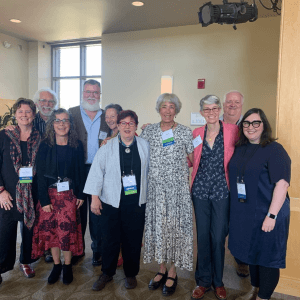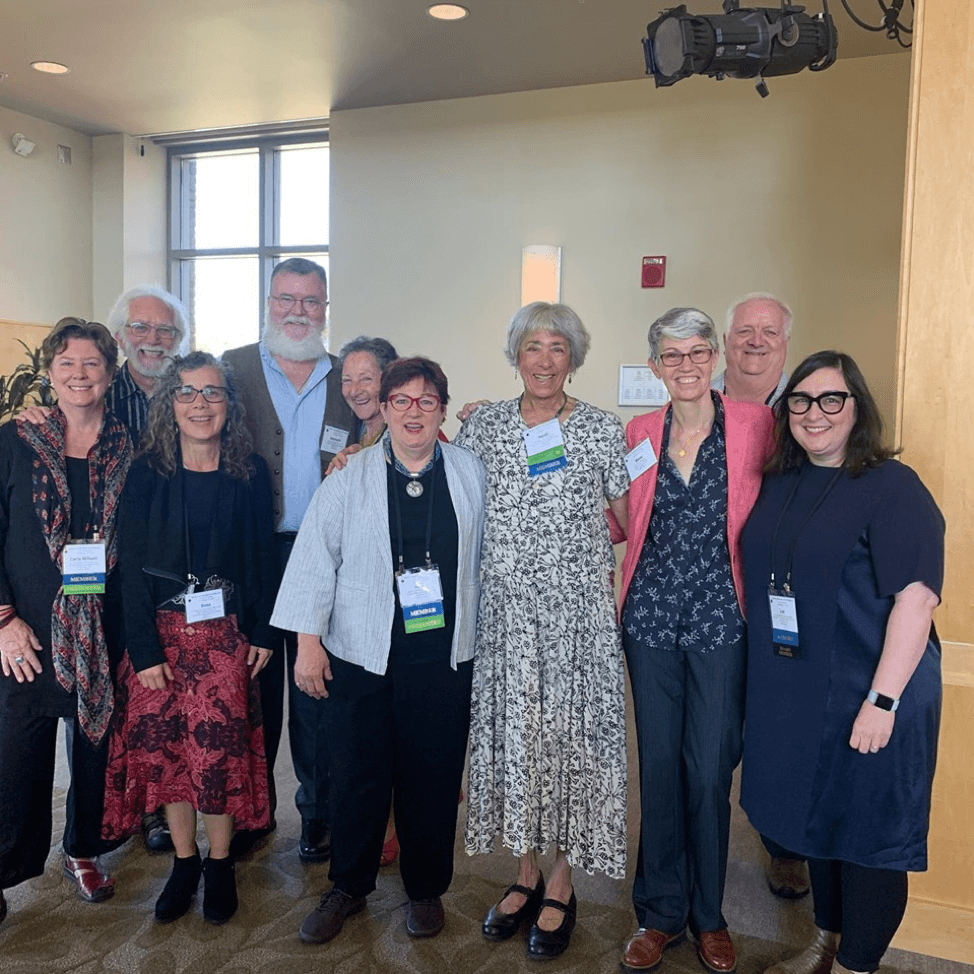 Belinda (Beau) Anderson, Ph.D., M.A.Ed., presented at the Society for Acupuncture Research annual conference, “Acupuncture Research, Health Care Policy, and Community Health: Closing the Loop,” held at the University of Vermont in June 2019.
Belinda (Beau) Anderson, Ph.D., M.A.Ed., presented at the Society for Acupuncture Research annual conference, “Acupuncture Research, Health Care Policy, and Community Health: Closing the Loop,” held at the University of Vermont in June 2019.
Anderson presented on new clinical trial models for assessing acupuncture effectiveness, suggesting that models that assess acupuncture within real-world contexts better inform the value of acupuncture in dealing with issues like the opioid crisis.
Such trials use acupuncture treatment approaches that incorporate the complex aspects of real-world acupuncture therapy. These trials use outcome instruments that collect data specific to the condition under investigation (for example, pain scales), and quality of life (QOL) instruments.
QOL instruments measure five conceptual domains: material and physical well-being, relationships with other people, social, community and civic activities, personal development and fulfillment, and recreation.
“These aspects are important to determining the overall impact of an intervention and are especially important for pain studies because it is well established that pain is a complex biopsychosocial condition,” said Anderson.
Anderson is an advisory council member of the National Institutes of Health (NIH) National Center for Complementary and Integrative Health (NCCIH), which recently established the PRISM program to support research embedded in health care systems that will collect real-world data on the effectiveness of pain interventions and assess the impact of implementing these interventions upon pain management. PRISM is currently launching a pragmatic trial of acupuncture for chronic low back pain in older adults in collaboration with the Centers for Medicare and Medicaid (CMS).

